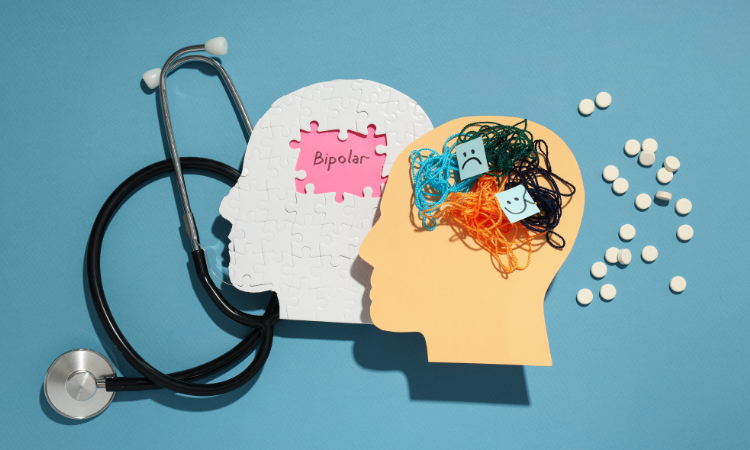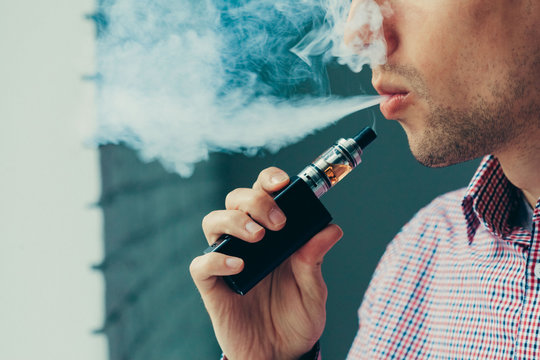Understanding Adderall Dependency
Adderall, a prescription medication commonly used to treat Attention Deficit Hyperactivity Disorder (ADHD) and narcolepsy, contains a mixture of amphetamine salts. It is effective in enhancing focus and controlling symptoms associated with these conditions. However, its stimulant properties can lead to dependency, particularly if used beyond prescribed guidelines or without a prescription. Adderall dependency can develop when individuals misuse the drug for its cognitive-enhancing effects or to counteract fatigue and improve performance.
Recognizing the Signs of Dependency
Identifying Adderall dependency involves observing both physical and behavioral signs. Physical symptoms may include increased tolerance (requiring higher doses to achieve the same effects), withdrawal symptoms such as fatigue, depression, and irritability when the medication is not available, and persistent cravings. Behavioral signs often include neglecting responsibilities, changes in social interactions, and continued use despite negative consequences.
Assessing the Impact
Understanding the full impact of Adderall addiction involves evaluating its effects on daily functioning, mental health, and overall well-being. Dependency can lead to severe health issues such as cardiovascular problems, heightened anxiety, and potential for substance abuse disorders. It can also disrupt personal and professional relationships, impair cognitive functions, and lead to legal or financial troubles due to illegal use or abuse.
Seeking Professional Help
Recovery from Adderall dependency typically begins with seeking professional help. Healthcare providers, including primary care physicians, addiction specialists, and mental health professionals, can offer a comprehensive assessment and tailored treatment plan. This plan may involve:
Medical Detoxification:
Under medical supervision, individuals can safely withdraw from Adderall. Detoxification helps manage withdrawal symptoms and reduces the risk of severe complications.
Behavioral Therapy:
Cognitive-behavioral therapy (CBT) and other therapeutic approaches can help individuals understand the root causes of their dependency, develop coping strategies, and modify harmful behaviors.
Medication Management:
In some cases, medications may be prescribed to manage withdrawal symptoms, address co-occurring mental health disorders, or support overall recovery.
Support Groups:
Participation in support groups, such as those offered by organizations like Narcotics Anonymous or SMART Recovery, can provide valuable peer support, encouragement, and shared experiences.
Implementing Lifestyle Changes
Adopting lifestyle changes can significantly contribute to recovery and management of Adderall dependency. These changes include:
Healthy Diet and Exercise:
A balanced diet and regular physical activity can improve overall health, stabilize mood, and reduce cravings. Nutrient-rich foods and exercise help in restoring the body’s natural balance and enhancing emotional well-being.
Stress Management:
Techniques such as mindfulness, meditation, and relaxation exercises can help manage stress and reduce the urge to misuse substances. Learning to cope with stress in healthy ways is crucial for long-term recovery.
Sleep Hygiene:
Maintaining a regular sleep schedule and ensuring adequate rest can improve mental clarity and emotional stability, reducing the likelihood of relapse.
Routine and Structure:
Establishing a structured daily routine can provide stability and predictability, which are essential in overcoming dependency. Setting and achieving small, manageable goals helps build confidence and maintain focus on recovery.
Building a Support Network
A strong support network is critical in navigating Adderall dependency. This network may include:
Family and Friends:
Supportive family members and friends can provide emotional encouragement, practical help, and accountability. Open communication about the challenges and progress of recovery can strengthen these relationships.
Therapists and Counselors:
Regular sessions with mental health professionals can offer ongoing guidance and support. These professionals can help individuals address underlying issues and develop effective coping strategies.
Recovery Communities:
Engaging with recovery communities provides a sense of belonging and understanding. These groups offer a platform for sharing experiences, gaining insights, and receiving encouragement from others who have faced similar challenges.
Preventing Relapse
Relapse prevention strategies are essential in maintaining recovery from Adderall dependency. Key strategies include:
Recognizing Triggers:
Identifying and avoiding situations or stressors that may trigger cravings or a return to substance misuse is crucial. Developing alternative coping mechanisms can help manage these triggers effectively.
Developing Coping Skills:
Enhancing skills for managing stress, emotions, and social pressures can reduce the risk of relapse. Skills such as problem-solving, communication, and emotional regulation are vital.
Maintaining Accountability:
Regular check-ins with healthcare providers, therapists, or support groups help maintain accountability and track progress. Setting personal goals and monitoring achievements can reinforce commitment to recovery.
Staying Engaged:
Continuously participating in therapy, support groups, and self-care activities helps sustain motivation and focus on recovery. Engaging in productive and fulfilling activities can replace the time previously spent on substance misuse.
Legal and Social Considerations
Addressing legal and social aspects is also important in managing Adderall dependency. If dependency has led to legal issues, seeking legal counsel or support services may be necessary. Rebuilding social relationships and addressing any conflicts or misunderstandings that arose due to substance misuse can aid in reintegration and recovery.
Conclusion
Navigating Adderall dependency requires a comprehensive approach that includes professional help, lifestyle changes, and strong support systems. Recognizing the signs of dependency, seeking appropriate treatment, and implementing effective strategies for recovery and management can lead to a healthier, more balanced life. Commitment to ongoing self-care, personal growth, and community support are essential components of successful recovery and long-term management of Adderall dependency.
















